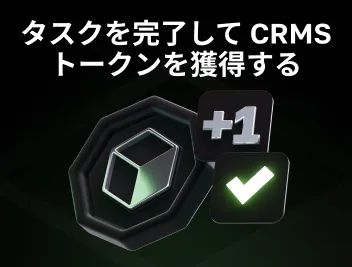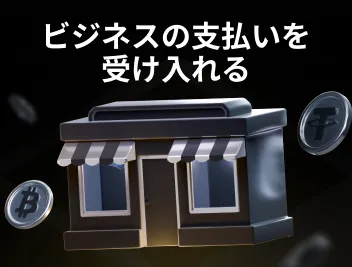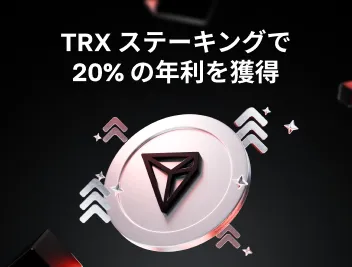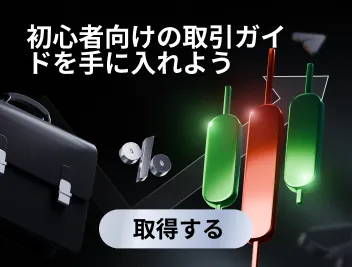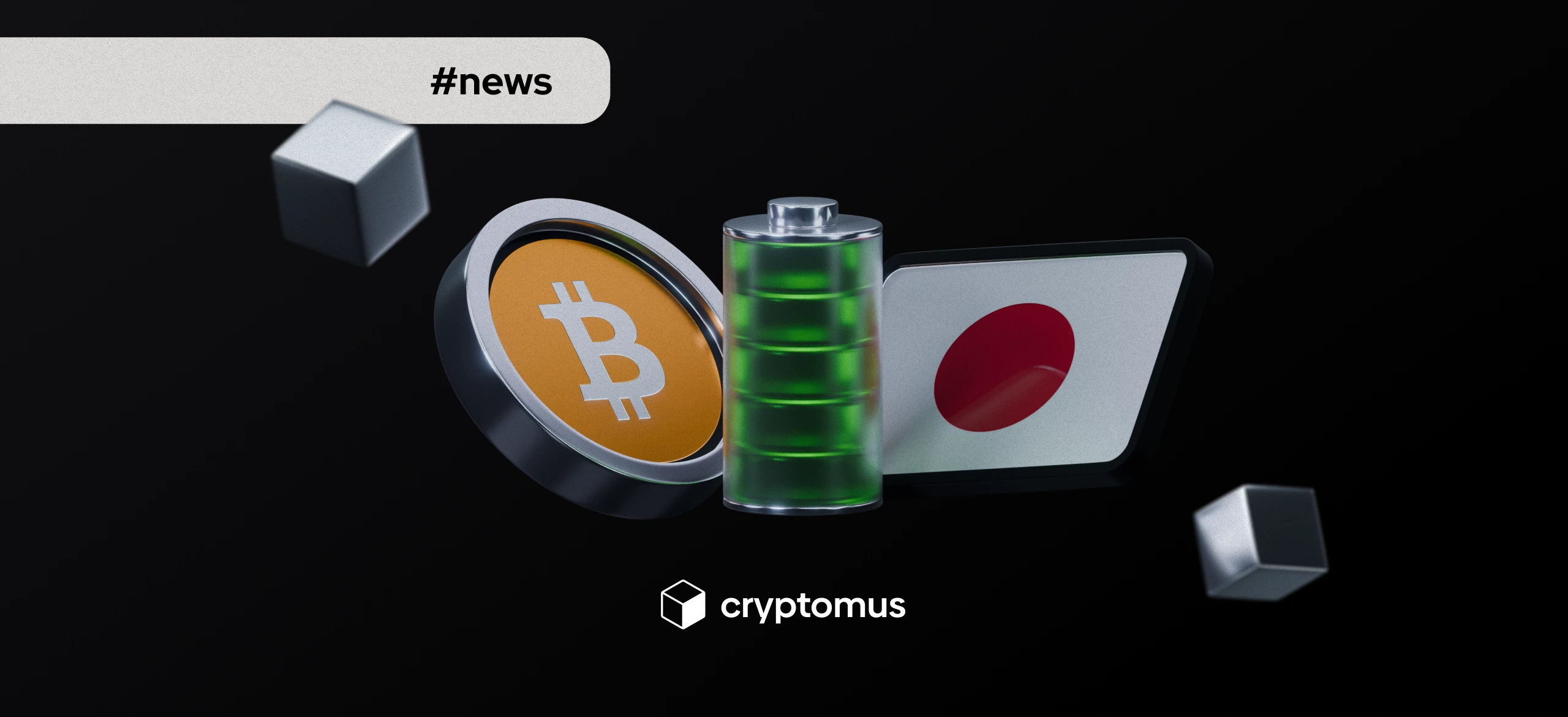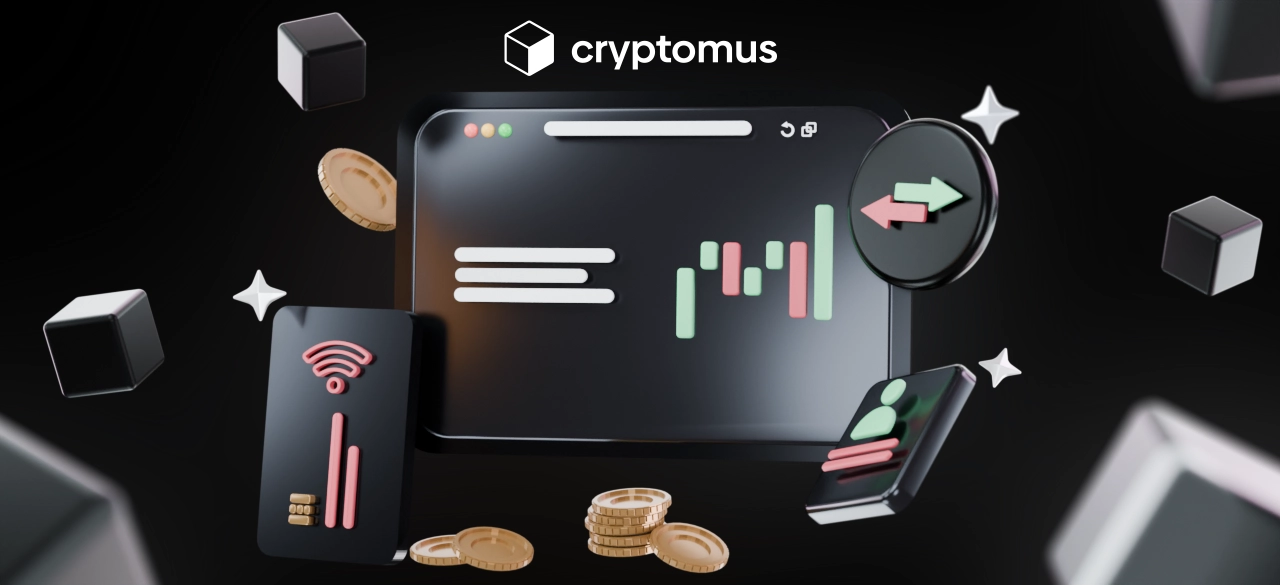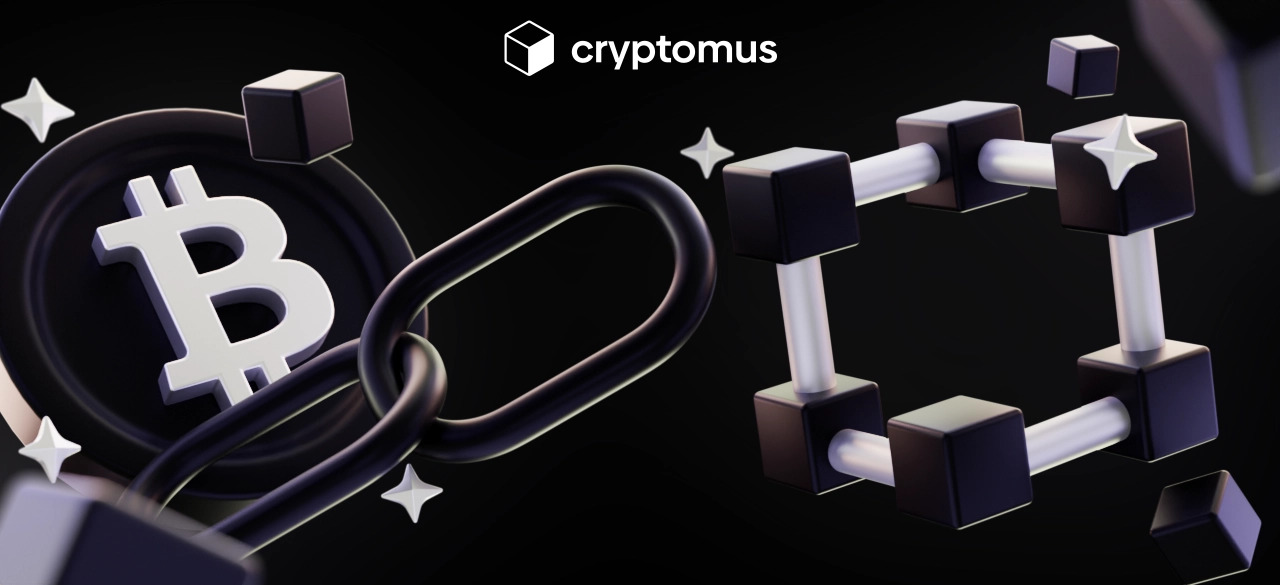
サプライチェーン管理におけるブロックチェーン:ケーススタディ
目次
ブロックチェーンは、多くの企業がサプライチェーン管理を最適化するのに役立ちます。 技術はプロダクトの方法を最初から最後まで監視することを可能にしま各ステップの質および安全を保障します。 ライブ分析を収集し、ブロックチェーンを使用して混乱を防ぐことが可能であるため、ますます多くの企業がそれを仕事に実装しています。 この記事では、サプライチェーンにおけるブロックチェーンの役割について詳しく学び、どの業界や企業がすでにこの技術を使用してビジネスライフを楽にしているかを説明します。
ブロックチェーンとは何ですか?
ブロックチェーンは、すべてのトランザクションをブロックのセットで記録する巨大なネットワークまたはシステムです。 各ブロックには、前のブロックへのエンコードされたリンクが含まれており、この方法でコヒーレントチェーンが作成されます。 この配置により、ブロックチェーン内のデータは安全であり、改ざんから完全に保護されています。
ブロックチェーンは分散化されています:システム全体を制御できる単一の「ボス」はありません。 代わりに、ブロックチェーンはスマートコントラクト技術を使用していますは、定義済みのルールを持つ自己実行契約です。 この自動化により、特定のネットワーク上でのトランザクションの処理が高速化され、エラーのリスクが軽減されます。
ブロックチェーンは当初、暗号通貨の分野でのみ使用されていましたが、時間の経過とともに、他の多くの業界では、この技術から得られる大きな利点があることを認識しています。 サプライチェーンのブロックチェーンは大きな役割を果たし、情報をオンラインで公然と安全に保存できる分散型台帳技術として機能します。 それはどんなビジネスにとっても価値があります。
ビジネスのためのブロックチェーンの利点
起業家は、企業内のワークフローを簡素化するブロックチェーンの可能性を見てきました。 そのプロセスの1つがサプライチェーン管理です。 企業のためのブロックチェーン技術の利点を見てみましょう:
-
透明性。 ブロックチェーンは、ネットワーク内のすべての参加者が見ることができる取引記録のオープンレジストリです。 ブロックチェーンの開放性は、会社の従業員と顧客の間の信頼を確立する絶好の機会です。
-
改善された効率。 すべての取引データはブロックチェーンオンラインに保存されているため、ブロックチェーン技術は、伝統的な紙のシステムと元帳を置き換えます。 それは会社の仕事を一般的にスピードアップする多くのプロセスの自動化を提供します。
-
セキュリティ。 •ブロックチェーンの分散性は、複数のサーバー(ノード)に分散されているため、優れています。 これはノードの51%以上に相当するため、ハッカーはノードにほとんどアクセスできません。 さらに、データがネットワーク参加者によって検証されると、データはブロックチェーンに追加され、そこで暗号化されます。 これは、情報を変更できないことを意味し、サイバー攻撃から保護します。 そのため、ブロックチェーンはデータと知的財産保護の両方にも使用されています。
-
技術的なエラーへの回復力。 ノードの大規模なネットワーク全体にブロックチェーンを分散させることで、単一障害点が排除されます。 つまり、サーバーの1つに障害が発生した場合でも、ブロックチェーンデータベースは引き続き利用可能であり、他のサーバーの機能のおかげで動作し続けることを意味します。
ブロックチェーンのこれらの利点は、サプライチェーンの運営にも起因しています。 ブロックチェーンをベースにすることで、変更が行われたときにトランザクションレコードを自動的に更新することができ、ネットワーク内のすべての人のトレーサビリティが向上します。 監視オプションを使用すると、問題にタイムリーに対応できるため、サプライチェーンはそのように合理的で安全です。
サプライチェーンにブロックチェーンを実装する方法は?
ブロックチェーン技術をサプライチェーンにうまく統合するためには、事前に段階的な計画を立てることによって徐々にそれを行うことが重要です。 これを正しくする方法のアルゴリズムは次のとおりです:
1. 目標を定義します。 まず、ブロックチェーンを使用して達成したいことを理解する必要があります:例えば、セキュリティプロセスを改善したり、トレーサビ
2. 技術的側面を評価する。 技術があなたの要件に合っているかどうかを理解するために、あなたのビジネスのためのブロックチェーンの長所と短所を探ると、あなたのサプライチェーンの課題のための適切なソリューションとして実行します。
3. 質的なブロックチェーンプラットフォームを選択してください。 •使用する暗号サービスを選択するときは、そのセキュリティ、相互運用性、およびスケーラビリティを評価します。
4. パイロットプロジェクトを開発します。 小さなプロジェクトでブロックチェーンの実装を開始します-例えば、内部的に。 それはあなたが技術があなたのビジネスに良い影響を与えているかどうかを理解することを可能にし、あなたがその作業機能に慣れるのを助けるでしょう。
5. データの正確性を確保します。 主要なプロジェクトを実施する前に、ネットワークの円滑な運用を確保するために、すべての技術情報を適切に確認してください。
6. セキュリティの世話をします。 •サプライチェーン管理では、使用されているブロックチェーン内のノードのセキュリティ対策に注意してください。不正アクセスを防ぐために、パスワードとコードで機密データを保護します。
7. 作業プロセスを監視します。 その実装を評価するために定期的に機能するあなたのブロックチェーンに目を離さない。 これは、ネットワークパフォーマンスを向上させるための調整やその他の対策を開発するのに役立ちます。

また、ブロックチェーンテクノロジの最新の開発を最新の状態に保つことも不可欠であるため、新しい機能をテストして作業プロセスに統合し、継続的に改善することができます。 例えば、Cryptomus ブログの情報を知ることができますここでは、ブロックチェーンに関する最新のニュースだけでなく、暗号通貨の操作に関する便利なガイドもあります。
サプライチェーンにおけるブロックチェーンの主なユースケース
サプライチェーン内のブロックチェーンは、その透明性、トレーサビリティ、および速度のために多くの重要な機能を実行します。 これらのアプリケーションの方法は、ユースケースとも呼ばれます。 その中には、輸送の規制、偽造の削減、製品リコールの規制、コストの削減、アフターサービスの提供があります。 より詳細に見てみましょう:
-
輸送の規制。 これは、ブロックチェーンがサプライチェーンに実装されている最初のものです。 それは全体の兵站学プロセスを簡単にする商品の交通機関を制御し、管理するのを助ける。
-
偽造の削減。 プロダクトトレーサビリティは商品があらゆる段階できちんと点検され、拒絶がそれによる時間に検出することができることを意味します。 このようにして、ブロックチェーン技術は偽造を減らすのに役立ち、文書の詐欺を防ぎます。
-
製品リコールの規制。 記号論理学の面を制御することはプロダクトの位置の決定を可能にする。 これにより、標準以下の製品をリコールするプロセスの時間が短縮されます。
-
コストの削減。 ブロックチェーンは国境を越えた取引を提供するので、企業は仲介者を避けることができます。 その結果、時間とお金を節約できます。
-
売り上げ後のサービスの提供。 製品情報のデジタル化は売り上げ後のサービスを、保証および維持のような、より信頼でき、制御可能にさせます。 たとえば、保証期間は製品の購入後に自動的に開始されます。
サプライチェーンにおけるこれらのブロックチェーンのユースケースはすべて、小売ビジネスに関連して機能します。 これは、事業運営を簡素化し、そのリソースを節約します。
業種別ユースケース
ビジネス分野によって、ユースケースは異なります。 しかし、それらのすべてがプロセスを分類し、サプライチェーンのセキュリティを向上させます。 例として、さまざまなビジネスセクターを使用して、サプライチェーンでブロックチェーンがどのように動作するかを詳しく見てみましょう。
物流
ブロックチェーンは、物流チェーンを制御するために積極的に使用されています。 この技術により、たとえば、従業員は出荷をリアルタイムで追跡し、特定の段階で問題を解決することができます。 さらに、ブロックチェーンはスマートコントラクトを介して輸送プロセスを自動化します-それは事務処理と管理タスクの削減と見なされます。 この自動化のおかげで、ロジスティクスデータレコードを改ざんするリスクと不正行為のリスクがゼロになります。
ネットワーク参加者のためのもう一つの利点は、お互いの間のより良い調整です。 たとえば、運送業者、荷送人、税関当局は、チェーンにアクセスできるため、より積極的かつ効率的に機能を実行できます。
クロスボーダー取引
国境を越えた取引のための商品のコンテナは、多くの場合、複数の輸送手段によって移動されます。 プレイヤーはまた、マルチモーダルです:荷送人、トラック艦隊、海運会社、税関職員、さらには政府もチェーンに関与しています。 間違いを避けるために、クロスボーダー取引は、各参加者がルールを遵守するように「強制」するブロックチェーン技術を利用し始めています。 これにより、手順が大幅に簡素化されます。たとえば、スマートコントラクトは通関を自動化します。
この種の取引の一環として、ブロックチェーンは国境を越えた支払いでも機能します。 あなたは私たちの中でそれについての詳細を学ぶことができますガイド.
薬局
サプライチェーンで最も人気のあるブロックチェーンの適用の1つは、製薬業界です。 この技術は、偽造医薬品と戦うのに役立ち、製品の信頼性と品質を保証します。 ブロックチェーンのおかげで、偽造薬は消費者に届く前にチェーンから削除されます。
トレーサビリティの高レベルはまた汚染された包装か誤表示のような問題をすぐに識別し、解決するのを助ける。 この技術の自動化により、製薬会社や他のネットワーク参加者の管理タスクが削減されます。
食べ物
サプライチェーンにおけるブロックチェーンの最も興味深いユースケースは、食品分野での利用です。 ここのブロックチェーンは食品の安全性を保証します。 この技術は、生産段階から店舗カウンターまでの製品の道をたどり、適切な温度条件下で輸送が行われるようにします。
製品の汚染やその他の問題が発生した場合は、常に追跡し、汚染された製品を時間内にリコールすることができます。 ブロックチェーン技術のセキュリティが強化されているため、詐欺師がネットワークにアクセスすることが困難になり、出荷を偽のラベル付けから保護します。
金融
不変で安全な取引節約を提供するというブロックチェーンの選択肢のために、この技術は金融機関によって積極的に使用されています。 ブロックチェーンの助けを借りて、銀行や他の組織は記録を保持し、規制当局に報告します。 そのため、組織は迅速な計算を実行したり、特定の種類の金融サービスを改善したりする能力を持っています。 この場合、ブロックチェーンは「元帳」として機能します。
暗号通貨の分野にも同じ状況が存在します。 この場合、ブロックチェーンは、人の財務データに関するすべての情報と特定の暗号通貨との取引を保存します。 すべての所有者のデータは、技術の暗号化と強化されたセキュリティのおかげで安全です。 また、ユーザーのデータとウォレットを安全に保つために、暗号取引のための信頼できるプラットフォームを選択することも不可欠です。
ブロックチェーンを使用する企業のリスト
世界中の多くの企業がすでにサプライチェーンにブロックチェーン技術を採用しています。 彼らは食品から自動車産業まで多岐にわたります。 ブロックチェーンを使用して運用プロセスをすでに最適化している最も有名なブランドのいくつかを見てみましょう:
-
Walmart この食料品小売業者は、サプライチェーンでブロックチェーンを使用した最初の企業の1つです。 同社は農家からの食品の生産を追跡し、顧客に購入前にその起源を確認する機会を提供しています。 この詳細な製品追跡により、会社は倉庫に到着する前に低品質の商品を識別してリコールすることができます。
-
Unilever 食品および家庭用製品メーカーのユニリーバもブロックチェーンのユーザーです。 それは今積極的に茶工業をまた管理するためにこの技術を採用しています。 会社はあらゆる生産段階で商品の質を維持するために追跡する製造者を強調しています。
-
IKEA 家具小売業者は、材料や製品を追跡するためにblockchainを利用しています。 ブランドはまた、製品がどこでどのように作られたかを顧客に示しています。
-
De Beers それは、ダイヤモンドが採掘された場所と方法、そして店への道を追跡するダイヤモンド鉱山会社です。 慎重な追跡を使用して、会社はすべてのダイヤモンドがオリジナルで認定されていることを保証します。
-
Ford 会社は工場、大抵コバルトに入って来る原料を追跡します。 ブランドの所有者は、生産された車両の品質を維持するために本物の製品を手に入れたいと考えています。
サプライチェーンでブロックチェーンを使用している他の企業の中には、Alibaba Group(電子商取引プラットフォーム)とHome Depot(建築材料サプライヤー)があります。 ブロックチェーン技術を一部のブランドにのみ適用する企業もあります。たとえば、ネスレはそれをZoegas coffeeブランドに拡張しています。
ブロックチェーン技術は、透明性とサプライチェーンのセキュリティを向上させ、プロセス効率を向上させます。 技術を実装するのは難しいように見えるかもしれませんが、ブロックチェーンの利点はこれらの課題を上回ります。 急速に変化する世界で成長しようとしている企業にとって、ブロックチェーンは必須です。
このガイドがブロックチェーンとは何かを理解するのに役立ち、サプライチェーンにおけるこの技術の利点を理解できることを願っています。 それでも質問がある場合は、コメントでお気軽にお問い合わせください。
暗号通貨の旅をシンプルに
暗号通貨を保管、送信、受け入れ、ステーキング、または取引したいですか? Cryptomusを使用すれば、すべてが可能です。便利なツールを使って、暗号通貨ファンドを登録して管理できます。
始めましょう
